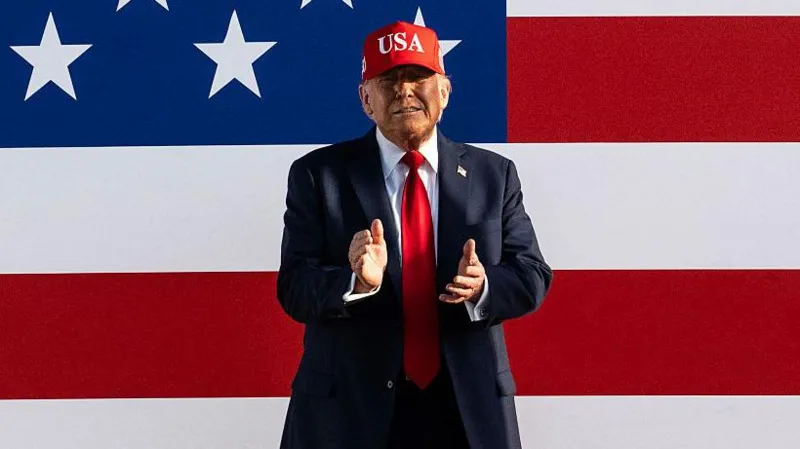Brazil and India have firmly rejected the United States’ latest tariff threats, pledging to defend their economic sovereignty as Washington prepares to impose steep new levies on countries without bilateral trade deals. Beginning August 1, Brazil faces a 50 percent tariff on exports to the U.S., while India will be hit with a 25 percent duty.
In a strongly worded interview with The New York Times, Brazilian President Luiz Inacio Lula da Silva expressed frustration over the lack of communication from U.S. President Donald Trump. “If he wants to have a political fight, then let’s treat it as a political fight. If he wants to talk trade, let’s sit down and discuss trade,” Lula said. “But you can’t mix everything together.”
The move by the U.S. has sparked concern across Brazilian industries, particularly among exporters who rely heavily on American markets. Evandro Menezes de Carvalho, a professor at Brazil’s Getulio Vargas Foundation, described the U.S. actions as an indiscriminate “tariff machine gun” that has created widespread insecurity and forced countries to rethink their export strategies.
India has also pushed back strongly. In response to Trump’s announcement via social media of a 25 percent tariff on Indian goods, India’s Ministry of Commerce and Industry issued a firm statement vowing to take “all necessary steps to protect its interests.”
Dilip Kumar, chairman of the Medical Tourism division at India’s Chamber of Commerce, criticized the policy as self-defeating. “Trump is effectively trying to hurt the U.S. market, not India’s,” Kumar argued. “American consumers will ultimately bear the cost.”
Kumar added that Indian exporters would simply pass the additional costs on to U.S. buyers. “If a product previously cost $100, it will now cost $125. That burden falls squarely on the American consumer,” he said.
With both Brazil and India signaling a refusal to back down, the tariff standoff sets the stage for escalating trade tensions. Analysts warn that this could trigger broader realignments in global trade as affected countries seek new partnerships beyond Washington’s influence.

